
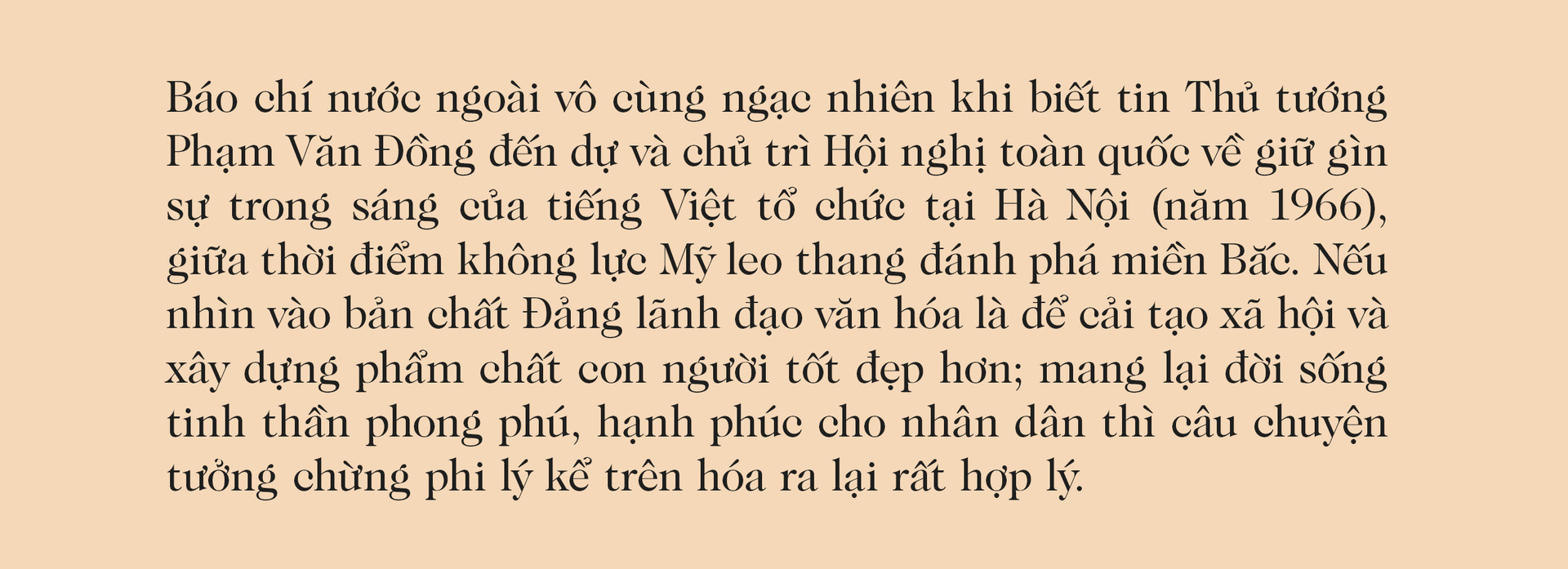

The pioneering leaders of our Party were all exemplary intellectuals, many of whom were great cultural and educational figures: President Ho Chi Minh, General Secretary Truong Chinh, Prime Minister Pham Van Dong, General Vo Nguyen Giap, Vice President Nguyen Thi Binh, First Vice Chairman of the Council of Ministers To Huu… Therefore, in the process of leading the implementation of revolutionary tasks, our Party did not view culture as a means to serve politics , but rather as a goal to be built and nurtured in accordance with the spirit of the Outline of Vietnamese Culture, which emphasized: "Only by completing the cultural revolution can the social transformation be completed."


Without reforming a healthy and progressive social culture, and raising the intellectual level of the people through education , culture, and arts, it will be very difficult to propagate, mobilize, and implement any revolutionary task to develop the country. Suppose we had allowed the hedonistic, lazy, superstitious, and polygamous lifestyles of feudal and colonial societies to continue; how could cadres, party members, and the people have the mental capacity and time to overcome the numerous difficulties immediately after the August Revolution? If we hadn't emphasized patriotism, revolutionary heroism, diligence, integrity, impartiality, and prioritizing collectivism over selfish individualism, how could our army and people have had the material resources, manpower, and determination to win the 21-year war against the US and its puppet regime?
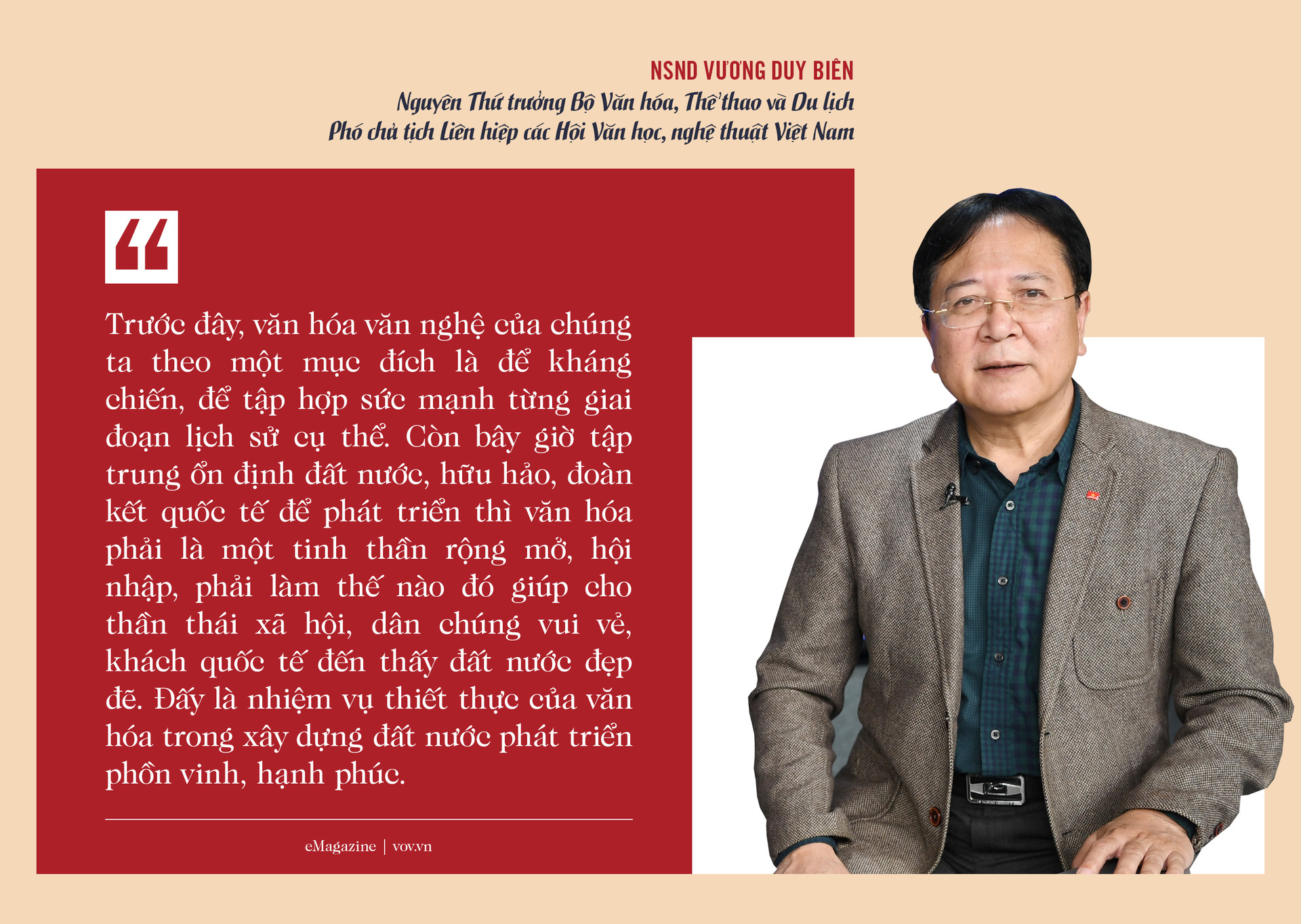
Looking back at the Vietnam War, scholars both inside and outside the country share a common assessment: One of the factors contributing to the victory of our army and people was the rekindling of patriotic cultural traditions, combined with a new, progressive socialist culture, which became a sharp spiritual weapon. For example, in the field of arts and culture, if you ask veterans who participated in the resistance war against the US, they will recall enjoying songs like "The Trường Sơn Stick" (Pham Tuyen) and the poem "The Stance of Vietnam" (Le Anh Xuan)...; many then wrote applications to enlist in the army with blood, going to the battlefield with the mindset expressed by Hero Le Ma Luong: "The most beautiful life is on the battlefield fighting the enemy!" Looking at the other side, under the US-backed regime, with its sentimental "yellow music" songs and films full of carnal pleasures, how could soldiers have the fighting spirit and the will to endure hardship and sacrifice? It's understandable that desertion and surrendering before even fighting are commonplace occurrences.
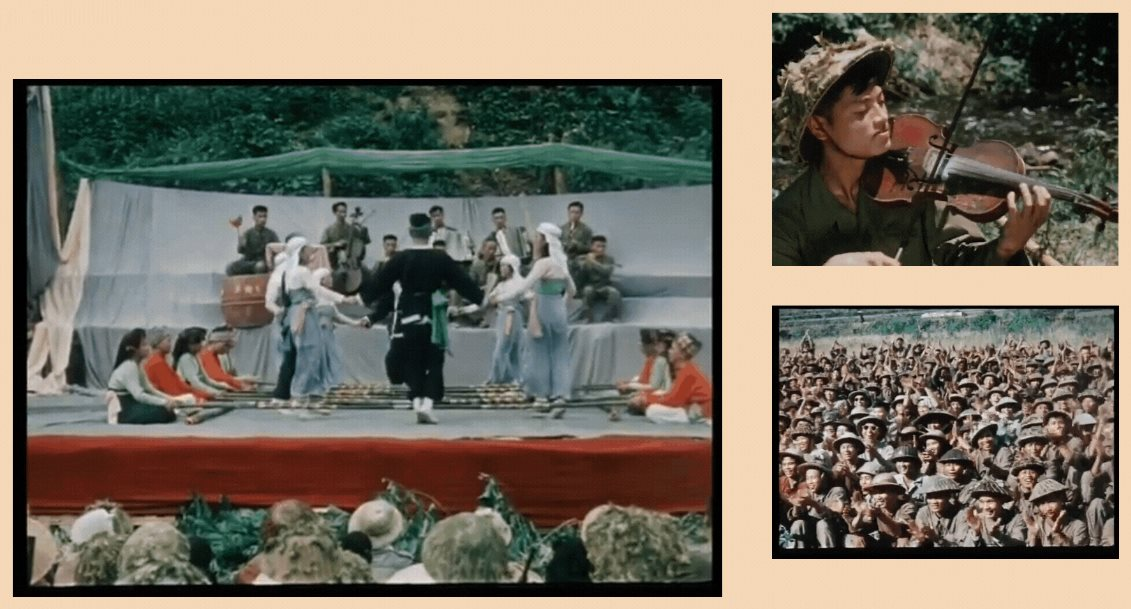
Today, with the war long over and more than 35 years since Vietnam began its Doi Moi (Renovation) process, the negative aspects of the market economy and the influence of foreign cultures have altered many positive cultural and moral values, to the point where many people wish: "If only the economy now had the morality of the past." What is worrying is that domestic and school violence, young people falling into social vices, selfish lifestyles, laziness, and a focus on enjoyment are not just isolated incidents.
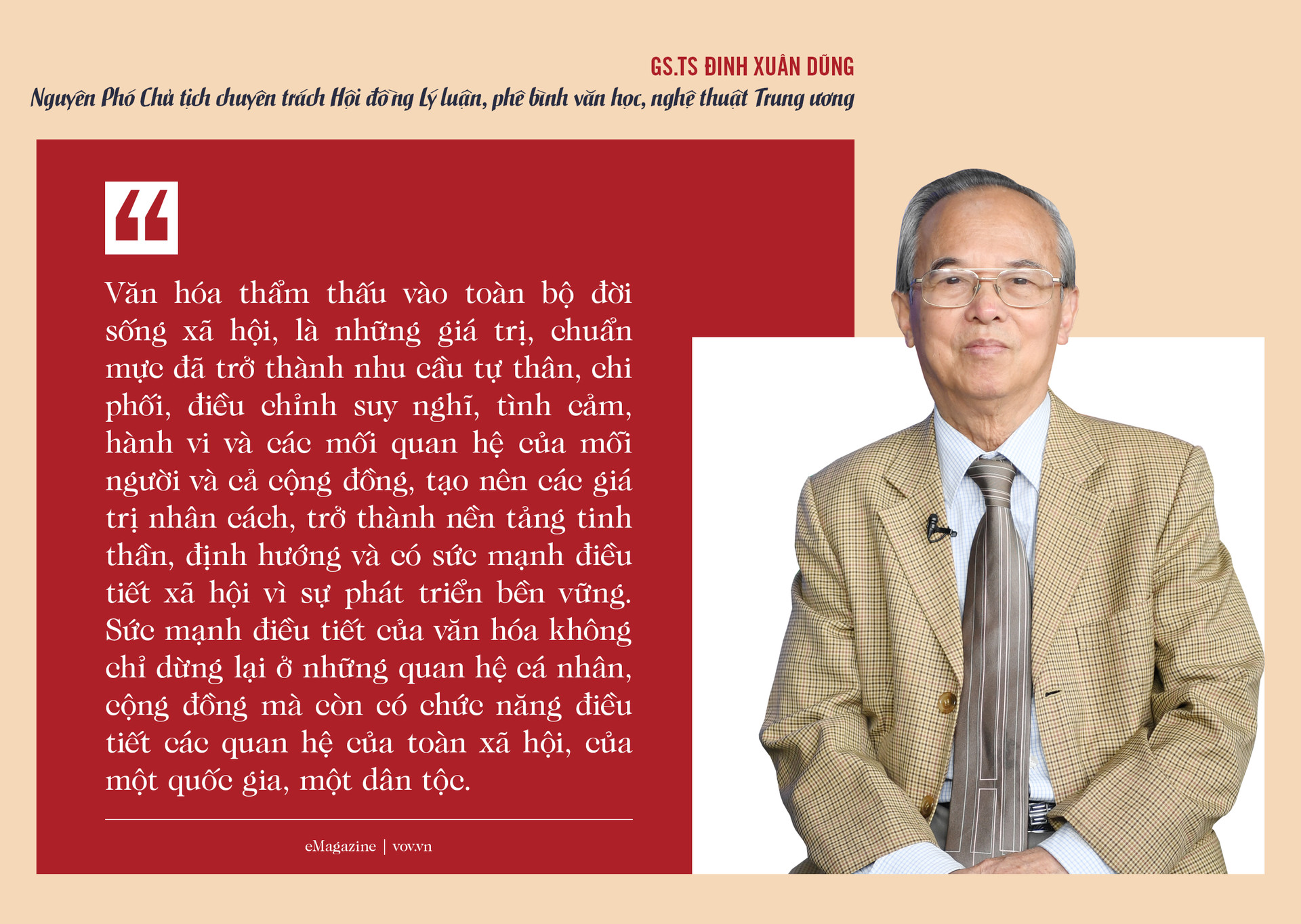
Experience from developed countries shows that individuals, families, organizations, and society as a whole cannot find happiness and sustainable development if they only pursue material values and economic growth. In this context, culture plays a regulatory role, helping to ensure a stable society functioning towards the common goal of the community. In an interview with us, Professor Dr. Dinh Xuan Dung, former Vice Chairman of the Central Council for Literary and Artistic Theory and Criticism, emphasized: “Culture permeates all aspects of social life; its values and norms have become intrinsic needs, influencing and regulating the thoughts, feelings, behaviors, and relationships of individuals and communities as a whole. It shapes personal values, becoming the spiritual foundation, guiding principles, and having the power to regulate society for sustainable development. The regulatory power of culture extends beyond individual and community relationships, regulating the relationships of society as a whole, of a nation, and of a people.”

In each historical period, culture has specific tasks; however, culture has always been the spiritual foundation and driving force for sustainable national development. Walking the path of socialism, it becomes even clearer that culture is an indispensable element, a part of the organic whole: politics-economy-society-culture.

The 93-year history of our Party has proven the truth that President Ho Chi Minh summarized: "Apart from the interests of the Fatherland and the people, our Party has no other interests." Therefore, the Outline of Vietnamese Culture, which raises the issue of the Party's leadership in culture, is ultimately very beneficial to the country, the people, and the proper development of Vietnamese culture.

There's no need for statistics; simply comparing socio-cultural life before and after the August Revolution reveals the Party's leadership in culture, which has achieved many successes and demonstrated the superiority of our regime. For example, before 1945, only the aristocracy and bourgeoisie had the means to enjoy modern and diverse works of art; the majority of the population only occasionally enjoyed folk art. Later, even during fierce wars, the Party and State made great efforts to meet the artistic needs of the broad masses through cultural institutions, performance formats, and mobile performances, thereby bridging the gap in access to cultural enjoyment in society.

There are many other examples that could be cited, but ultimately, our Party genuinely wants to raise the intellectual level of the people and ensure human rights in culture (the right to enjoy culture, the right to create and express culture, the right to respect for diverse cultural expressions); unlike the colonialists and feudalists who only wanted to maintain a policy of keeping the people ignorant, suppressing national culture, and promoting hedonistic culture to maintain their oppression.

Our Party represents the national interest, so preserving traditional culture is essential, as General Secretary Nguyen Phu Trong said: "Culture is the identity of a nation. As long as culture remains, the nation remains. When culture is lost, the nation is lost." National cultural identity here should be understood as being closely linked to the Party's viewpoint, representing the legitimate interests of the Vietnamese nation. It is necessary to affirm the positive values in the national cultural tradition, especially the tradition of patriotism and national unity, the spirit of independence and self-reliance, and national pride, as expressed in the tangible and intangible cultural values of the brotherly ethnic groups within the Vietnamese nation. This is the basis and endogenous resource for us to filter and accept foreign values in the context of deep integration today.
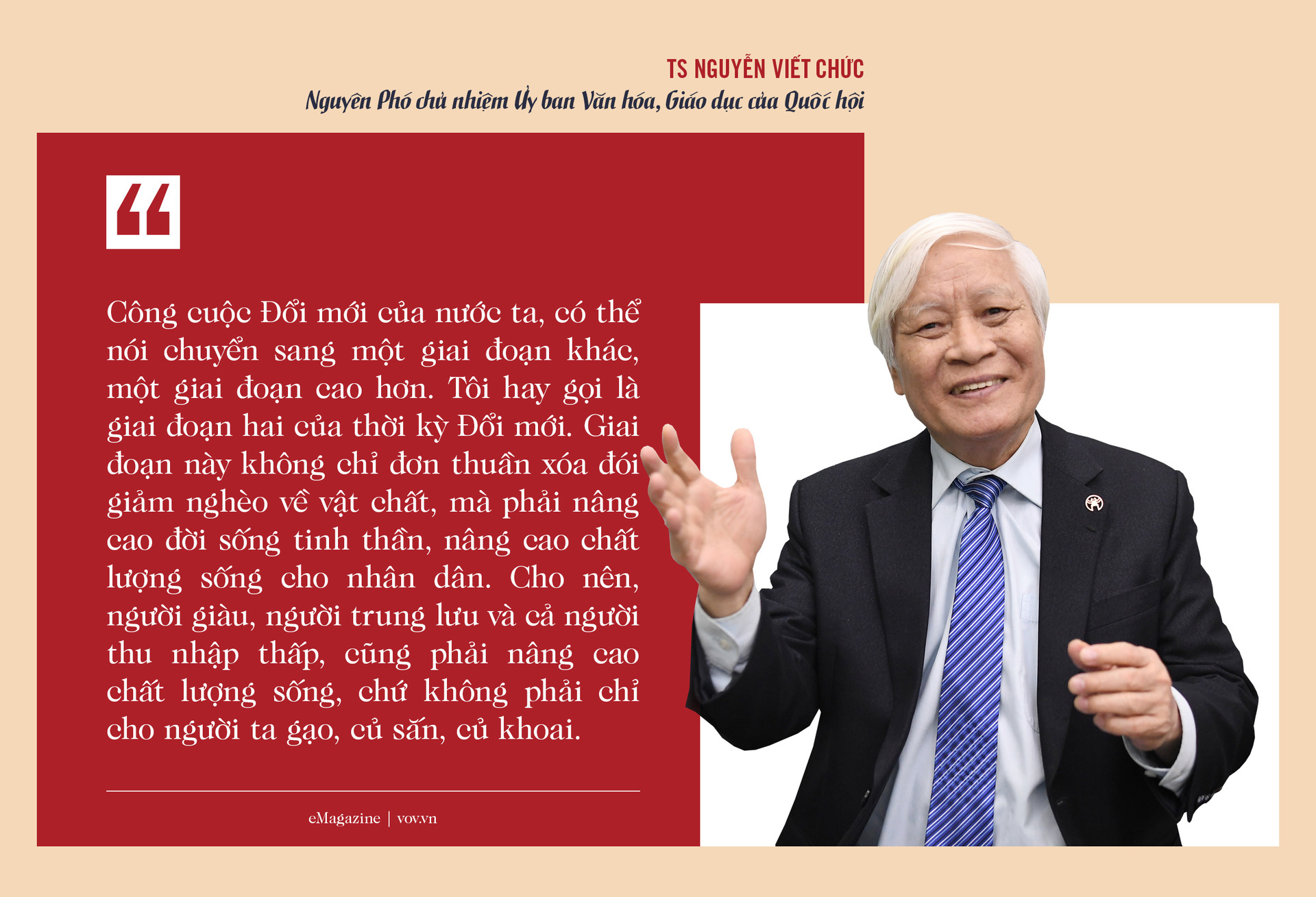
It is easy to summarize the dialectical relationship: the political system and leadership methods create the cultural environment; the cultural environment, in turn, greatly influences the formation of personality and human qualities; and ultimately, people determine success or failure in all endeavors. As emphasized in the Party's 13th National Congress documents: Building culture is building people; culture must awaken the aspirations of the entire nation in the endeavor to build a strong and prosperous country.





In the context of Vietnam having only one ruling party, the issue of building Party culture, especially governing culture, arises, encompassing aspects such as ideals, political thinking, leadership methods, and exemplary pioneering spirit. According to Associate Professor Bui Dinh Phong, Senior Lecturer at the Ho Chi Minh National Political Academy: “President Ho Chi Minh once stated on the occasion of the 30th anniversary of the Party's founding: 'Our Party is moral, it is civilized.' He implied that he was referring to Party culture. His statement allows us to understand that from the Party's inception until then, the revolution was victorious thanks to Party culture. Therefore, his words also convey an important message: from then on, we must build Party culture, especially governing culture.”
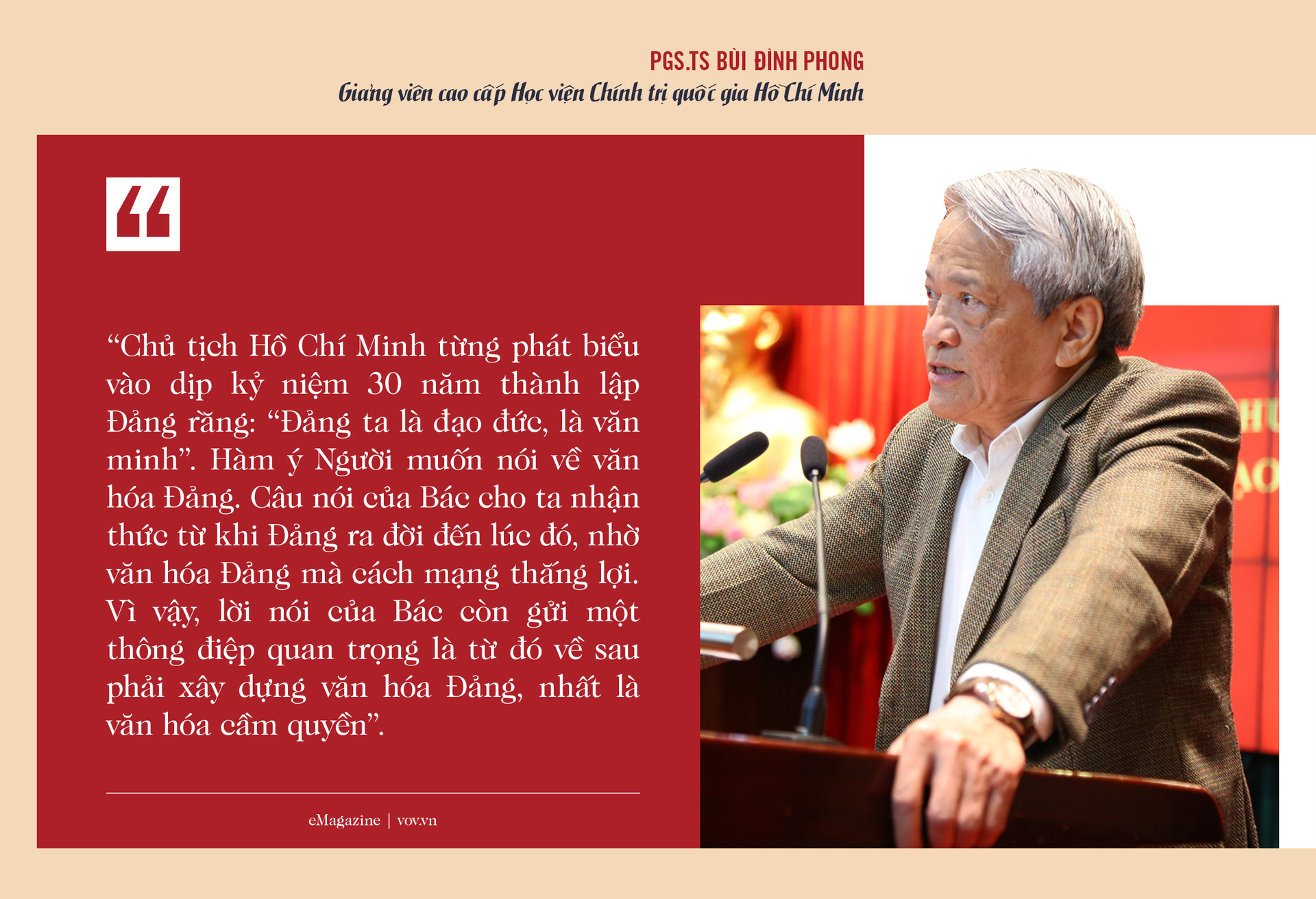
Given the situation where a significant number of cadres and Party members (including high-ranking officials) have become corrupt and degenerate, tarnishing the Party's reputation and legitimacy, and eroding the people's trust in the Party, the work of Party building and rectification is extremely important and needs to be carried out decisively, continuously, and without interruption. Among many goals and solutions, strengthening Party building and rectification in the areas of culture and ethics is truly important and considered the root of the problem. This is because if Party organizations and members lose their integrity and fail to uphold revolutionary ethics, they will inevitably degenerate in political ideology, morality, and lifestyle, leading to corruption and negative practices. For the Party to be clean and strong, it must first and foremost be a "lighthouse" in terms of culture. Building Party culture means enabling the ruling party to embody the best and most outstanding aspects of national culture, from tradition to modernity, and approaching the cultural essence of humanity. This should be manifested in each Party organization, each cadre and Party member, especially at the strategic level and among key officials. Therefore, every Party member and cadre must be a cultured individual, representing the fine qualities of Vietnamese cultural values and the standards of Vietnamese people in the new era.
Once firmly established, Party culture not only prevents corruption, negative practices, and moral decay within the Party and the government apparatus, but also spreads to society, leading the entire society to learn from Party culture, the highest manifestation of which is revolutionary ethics, the "treasure" of our Party. Only then will the Party not need to shout slogans or issue directives, but will still attract the masses' trust in its leadership, just as the ancients said: "A good scent naturally attracts attention."
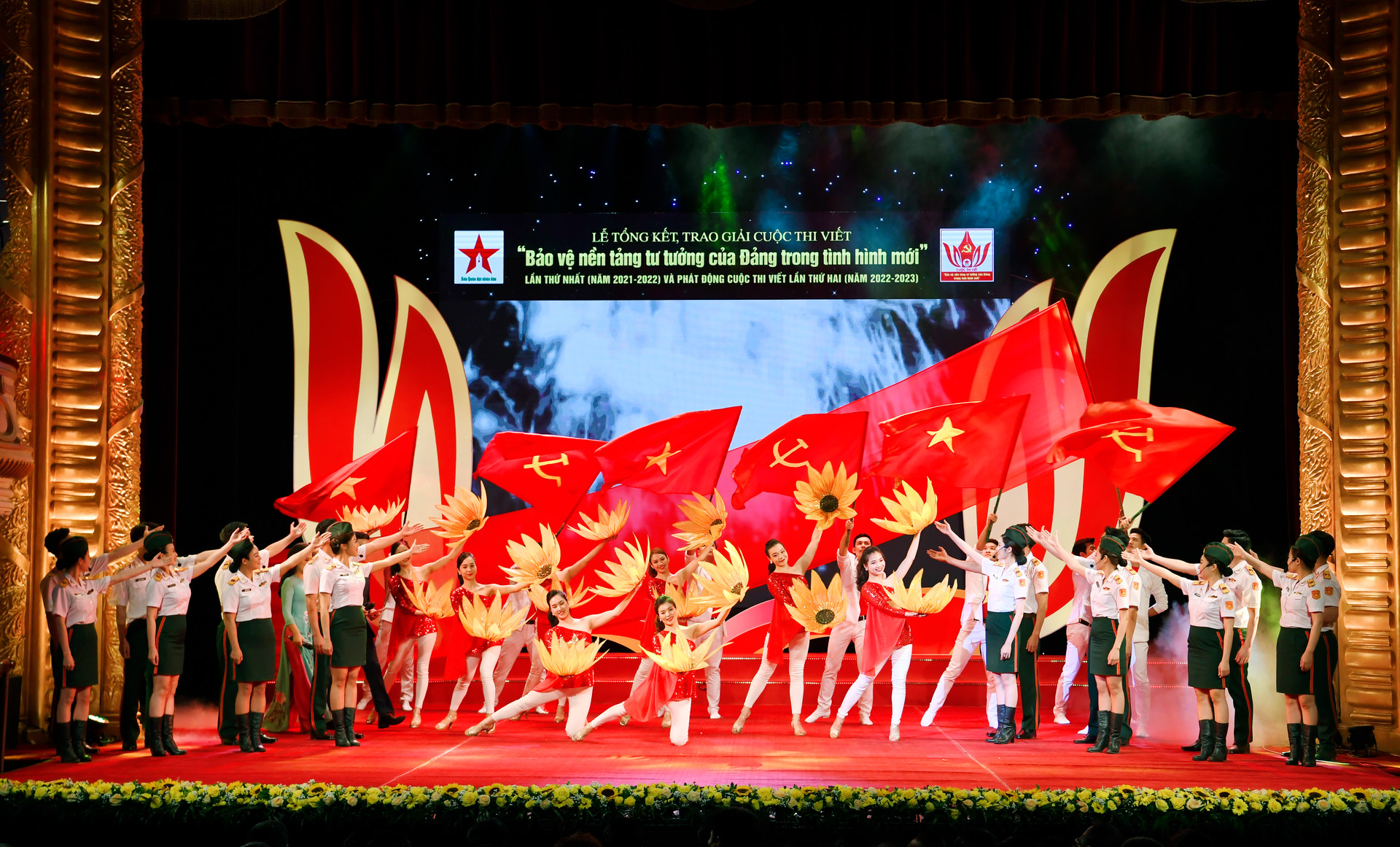

Photo: Archival material - VNA - Vu Toan
Source


![[Image] Close-up of the newly discovered "sacred road" at My Son Sanctuary](/_next/image?url=https%3A%2F%2Fvphoto.vietnam.vn%2Fthumb%2F1200x675%2Fvietnam%2Fresource%2FIMAGE%2F2025%2F12%2F13%2F1765587881240_ndo_br_ms5-jpg.webp&w=3840&q=75)




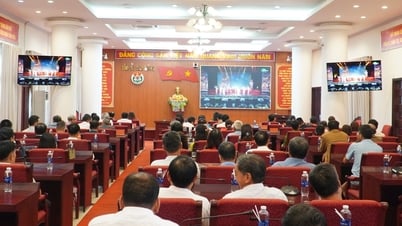

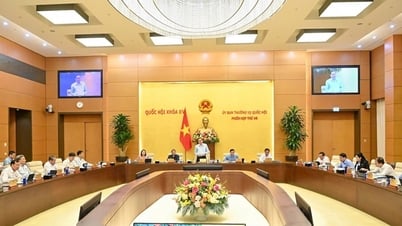
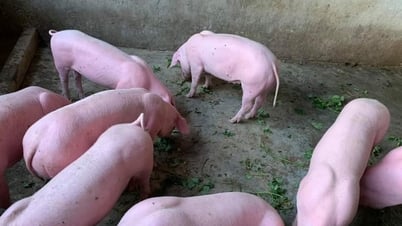

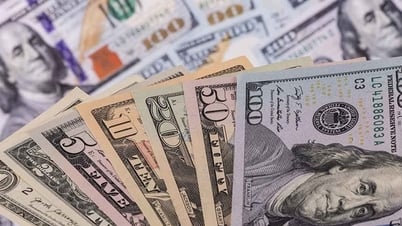




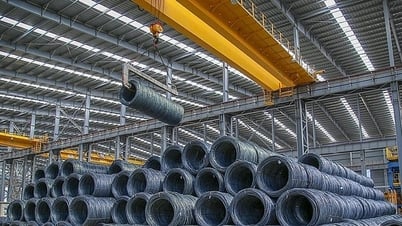
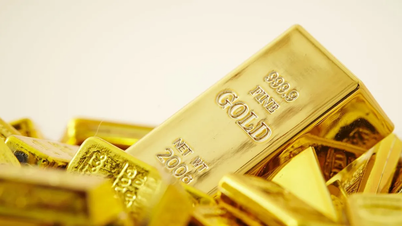
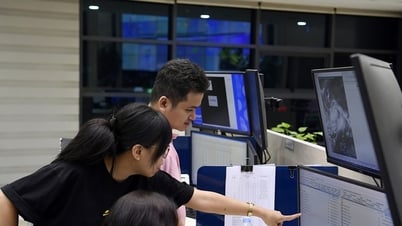
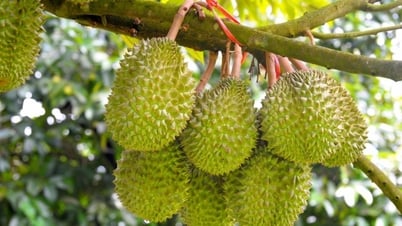
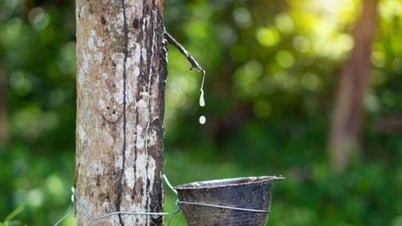
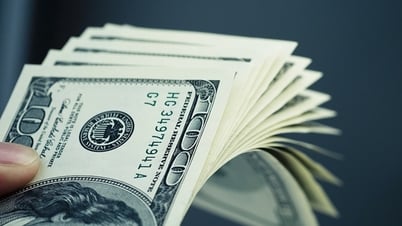



























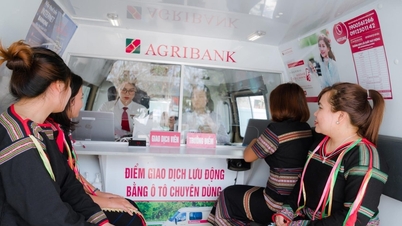

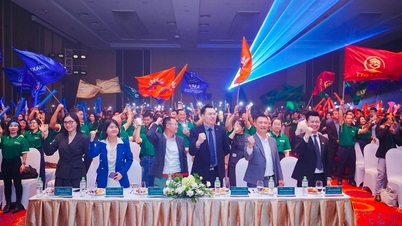

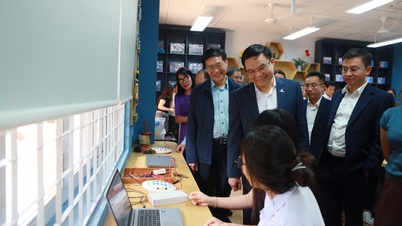

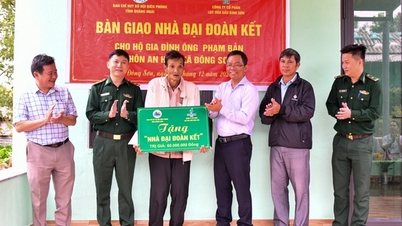







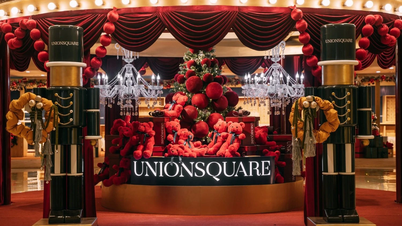

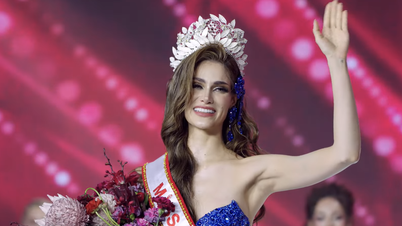
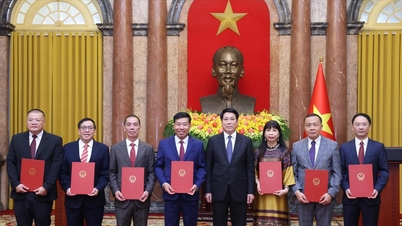



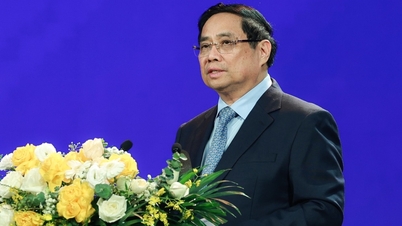
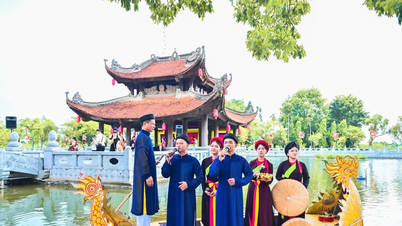










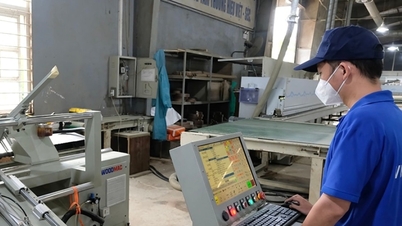





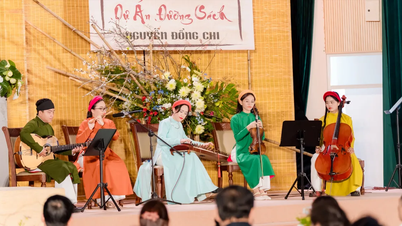

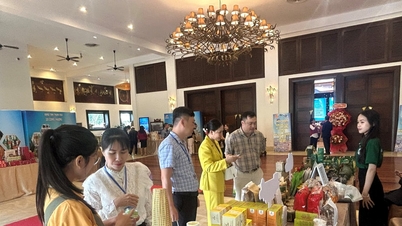
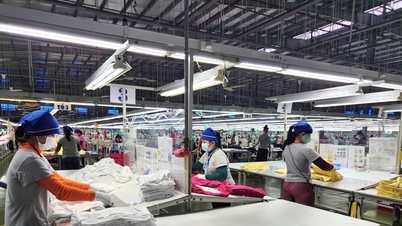













Comment (0)